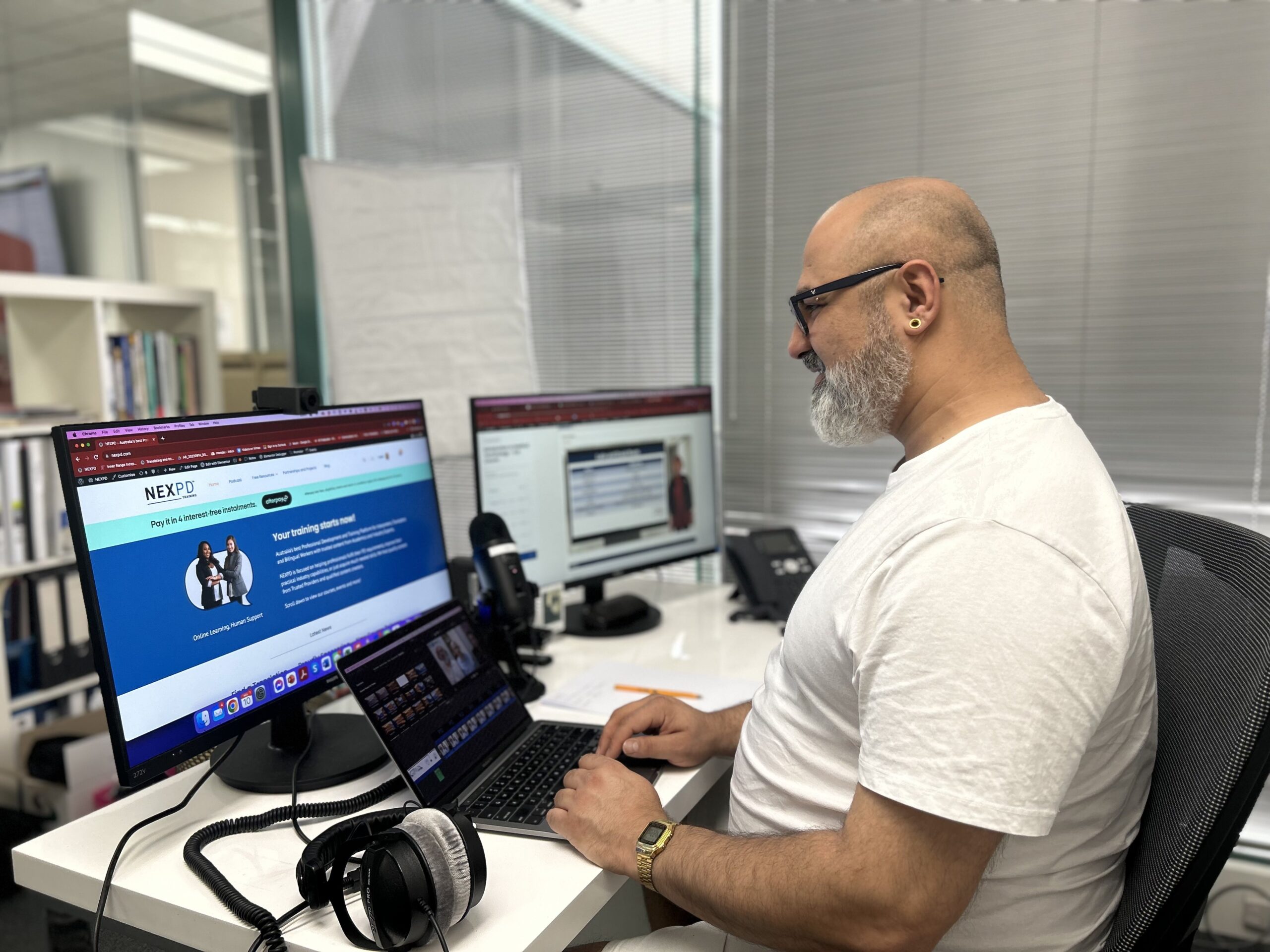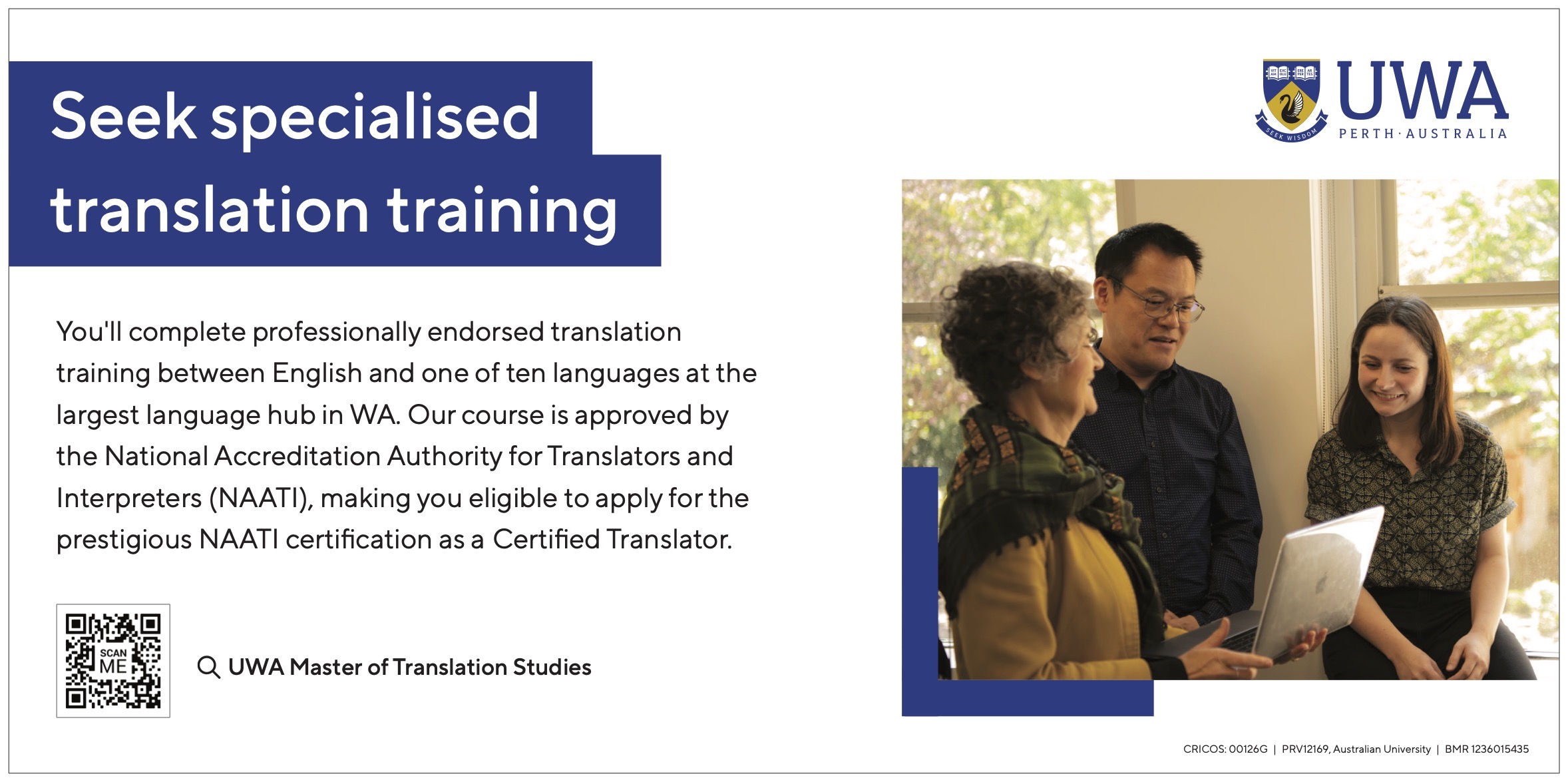All Graduates provides T&I services across New Zealand and Australia, and also conducts PD programs via its training division, NEXPD (formerly Conversa Training). We asked All Graduates’ program coordinator, Fatih Karakas, a few questions about how and why T/Is are employed to teach on the program.

Q1. What qualities are you looking for when you engage T/Is to conduct PD and training?
As we provide a lot of self-paced PD that can be accessed online, our trainers have to create pre-recorded presentations, so they need to be comfortable with speaking to an empty screen. This may take some time to get used to. However, we have a very experienced audiovisual team who are skilled in helping inexperienced presenters to relax … and also in editing out any bloopers once the recording is completed!
Q2. Do you look for specific qualifications and experience? If yes, what?
Yes we do. We prefer working with trainers who have teaching qualifications, at either the higher or the vocational education level. We also look for domain-specific qualifications – specifically NAATI’s Certified Specialist Health Interpreter (CSHI) and Certified Specialist Legal Interpreter (CSLI). To conduct PD in a particular domain, such as legal, health or speech pathology, it’s also essential that they have relevant expertise and experience. For example, we conduct PD on many specific medical areas – nephrology, geriatrics, orthopaedics, rheumatology and so on – so it helps if an applicant has extensive T&I experience in health care settings. It’s also important that our trainers are interested in T&I education, as their enthusiasm both informs and enhances their presentations. And lastly, they need to be good public speakers.
Q3. You hire T&I trainers on a casual basis. What would make you more likely to hire someone to conduct PD again?
In addition to expertise, experience and public speaking skills, three main things would make a trainer stand out: their presentation preparation skills, how they engage with learners, and whether they provide relevant and practical training materials and resources. It’s important for trainers to demonstrate that they have a deep understanding of the needs of their audience, and can tailor their training accordingly. A good trainer gives well-organised, engaging presentations that are visually appealing and relevant to the topic at hand, and they manage their time effectively to keep the audience on track. They create a positive and interactive learning environment, using a variety of teaching methods and activities to keep learners engaged and motivated, and can answer questions clearly and concisely. And they provide learners with relevant and practical training materials and resources that can be used to apply what they have learned in the training session: handouts, worksheets, online resources, or even just a list of recommended books and/or articles. Trainers who demonstrate all these qualities are more likely to be hired again, as they provide learners with the most valuable and engaging learning experiences.
ADVERTISEMENT:



